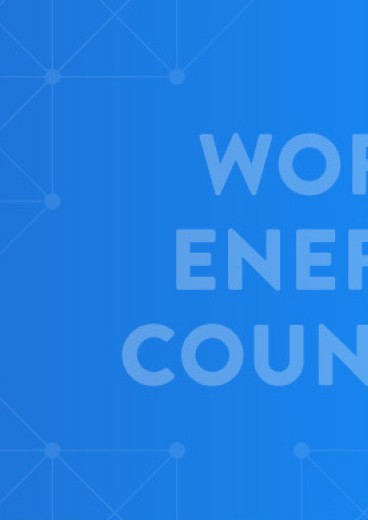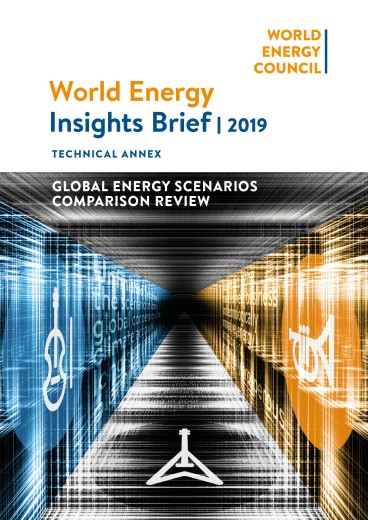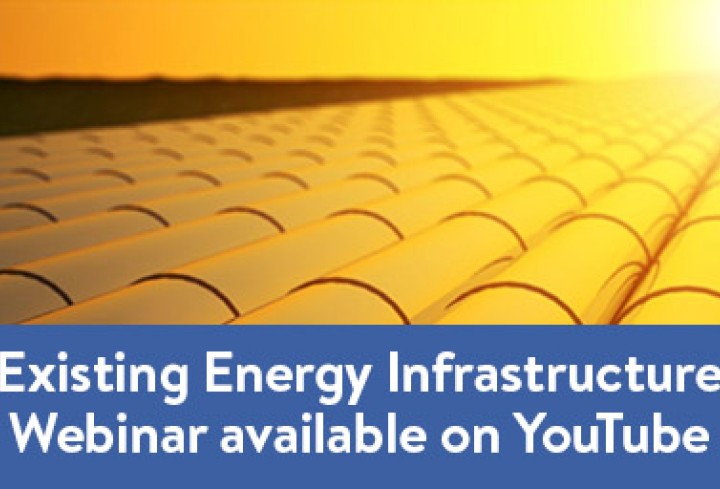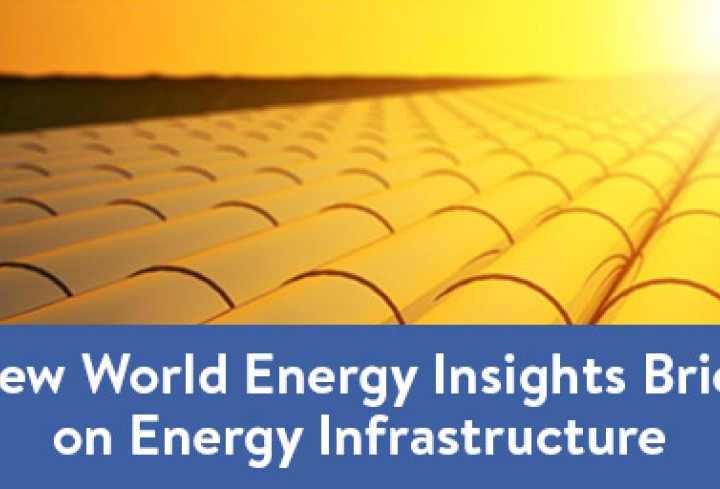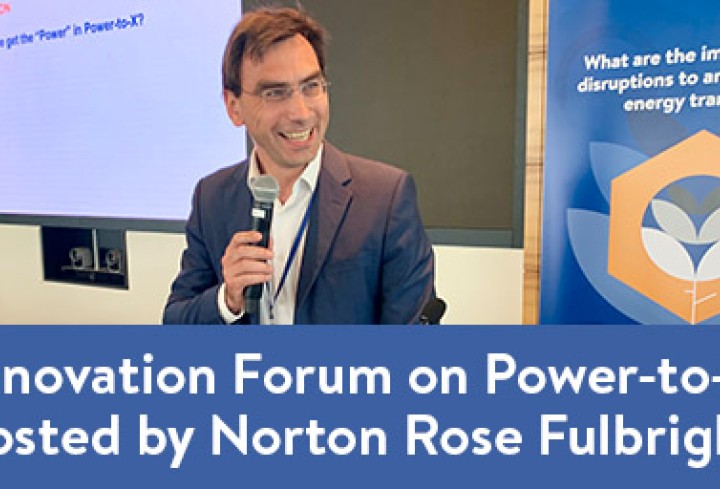Part of our Innovation Forum series, this webinar convened experts from across the Council's network to discuss the findings of our Insights Brief on 'Hydrogen: Hype or Hope'.
On 26 June, the World Energy Council held a webinar presenting the results of its latest Innovation Insights Brief on hydrogen, engaging three key experts on the topic:
-
Nigel Brandon, Dean of the Faculty of Engineering, Imperial College London
-
Craig Knight, Director of Industrial Solutions, Horizon Fuel Cell Technology
-
Dan Sadler, H21 Project Manager for Equinor
During the webinar, the experts answered a series of policy, technical and safety questions from the audience. The webinar started with a poll to get a sense of which sectors attendees saw hydrogen playing a key role in 2040 - 77% chose industrial processes, 54% mobility and 31% power generation. The questions ranged from the opportunities and limitations of blending hydrogen with natural gas to safety concerns surrounding hydrogen.
Key highlights:
-
How much hydrogen can be blended with natural gas depends on the rules and regulation of each country. The general consensus is that blending 10% by volume of hydrogen presents no safety concerns or specific difficulties. This would provide an opportunity to develop low hydrogen markets. Nevertheless, blending should not be the end destination. It is not sufficient to meet carbon abatement targets.
-
Low carbon ammonia has a role to play in the new hydrogen economy. It is a proven and understood technology which is easier to move around the world and could be used directly as ammonia or cracked back into hydrogen.
-
One of the main focus today should be to replace grey hydrogen with green hydrogen in existing supply chains as there would be no efficiency losses in the process.
-
In China, the push for hydrogen is transport-related. This is driven by air quality and energy independence concerns. In the next 10 years, the full life cost of fuel cell electric vehicles (FCEVs) is expected to be lower than for internal combustion engines. This is due to the fact that FCEVs require less maintenance and that the residual value in the fuel cells is relatively high. At the end of life, 95% of the platinum in fuel cells can be repurposed.
-
FCEVs should not be regarded as competing with battery electric vehicles, they sit next to each other on product maps. FCEVs can benefit from the all of the advances in electric drive train systems and electric motors.
To close the webinar, attendees were asked whether hydrogen was going through another hype cycle or if it was here to stay. 10% answered hype and 90% here to stay.
The webinar is available on our YouTube channel. Watch it below, and don't forget to subscribe!


